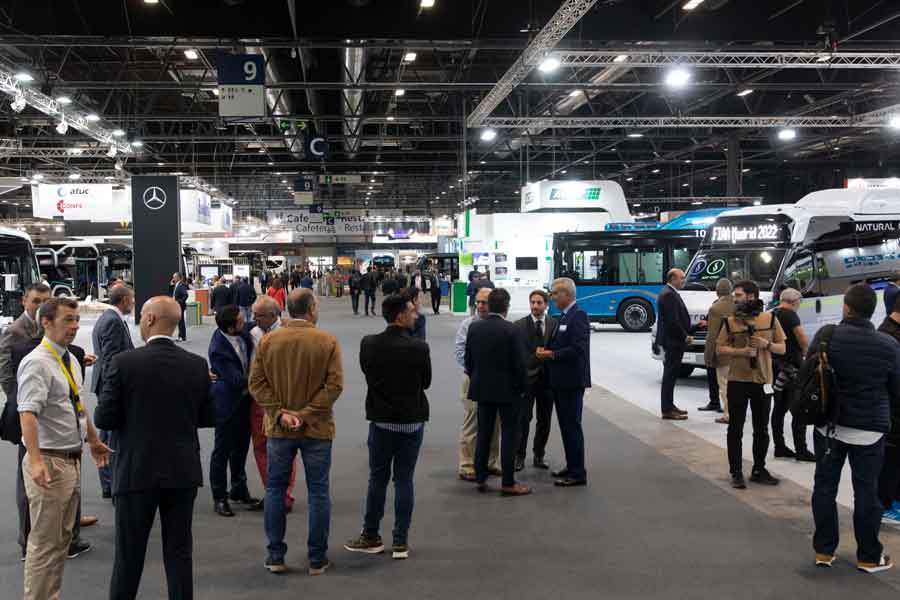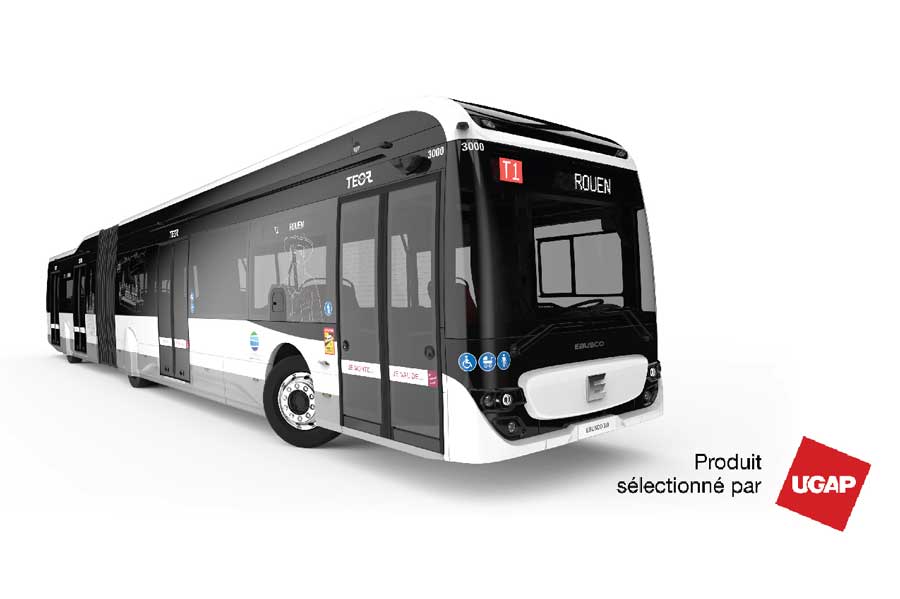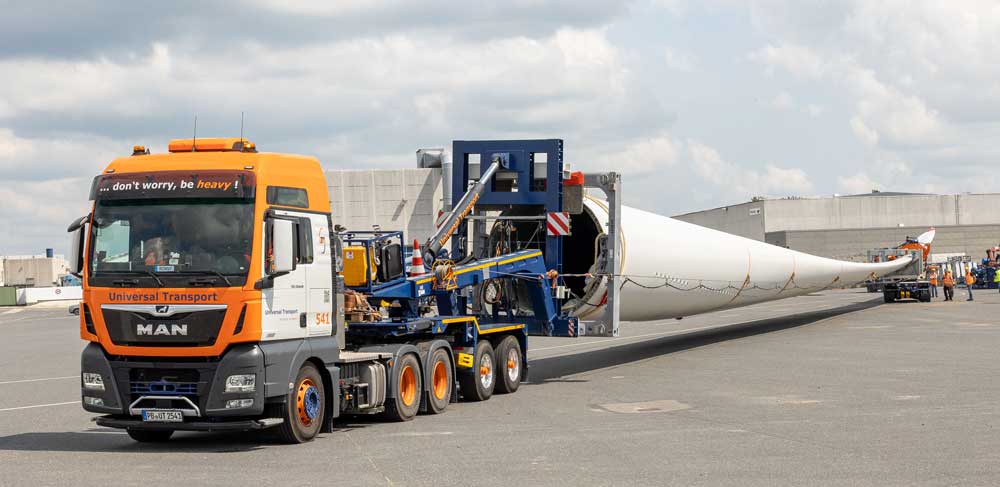A firm commitment to sustainable mobility, a great capacity for innovation and a strong presence on foreign markets are the main features of the road passenger industry, set to be represented by its leading firms and associations at the fifteenth edition of the International Bus and Coach Fair, FIAA 2024. The event, organised by IFEMA MADRID from 22 to 25 October, will once again confirm its reputation as the best commercial and business platform for a fully recovered sector in southern Europe.
The employers’ association CONFEBUS, the Spanish Bus Transport Confederation, present at FIAA for yet another year, also believes in the optimistic outlook for this important economic segment, in line with its figures. According to the Confederation, bus transport, the main backbone of mobility in Spain, as 1 out of every 2 public transport journeys is made by bus, is made up of 2,787 transport operating companies authorised by the Ministry of Transport and Sustainable Mobility, and 44,852 public service buses (data from July 2024). Every year it transports 3,144 million passengers – Source: INE-; it connects 8,000 towns via a 75,000 km road network and it spends around 800 million euros a year on fleet renewal.
The bus is a more sustainable means of transport than others, as it takes the place of an average of 20 private vehicles – in school transport too, as 17,500 coaches transport 220 million pupils a year – thereby cutting down on CO2 emissions. It also stands out as the most economical, safest and flexible means of road mobility, allowing access to places that would otherwise be cut off.
What’s more, the coach is essential for the development of sustainable tourism in our country, making a decisive contribution to the creation of wealth and employment, particularly in regions and towns for which the tourism sector is the main source of income.
Increase in registrations
With regard to vehicle registrations in the sector, it can be seen that in the first half of this year there have been a total of 2,746 new registrations of buses, coaches and minibuses, a year-on-year increase of 28.98%, according to the National Association of Coach Transport Entrepreneurs, ANETRA.
Furthermore, according to the same association and in terms of passenger demand for road transport, there has been a widespread increase in passengers so far in 2024 compared to the same period of the previous year (11.9% in urban transport, 12.4% in interurban transport and 1.7% in regular transport for special and occasional use).
ANETRA also analyses these data, comparing them with pre-pandemic data, in order to better assess the recovery of the sector, noting that the supply data (number of operators in the sector) shows that the trend of business concentration in the sector continues. Mergers and takeovers mean that there are ever fewer operators and they are larger. Bearing in mind the historical data provided by the Ministry of Transport and Sustainable Mobility, in 2000 there were 4,490 authorised companies, with an average fleet of less than 8 vehicles per company; in 2012, there were 3,649 companies with an average fleet of 11 vehicles, and we have reached 2024 with 2,787 companies with an average of 16 buses.
As far as passenger demand data for public road transport is concerned, this has not recovered equally in all segments. So, although demand figures for urban and interurban public transport have not only recovered but have even outperformed the 2019 data, in other areas such as regular transport for special and occasional use, there is still some ground to be made up before returning to the 2019 figures. However, in absolute terms it can be said that these last two years, 2023 and so far in 2024, have turned in “good economic data” for the sector . Various reports by the social observatory of transport indicate that the turnover of the bus transport sector grew by 15% during 2023, attaining 3.5 billion euros. These are good data, although still slightly below the pre-pandemic level.
Commitment to foreign markets, safety and the environment
In turn, the National Association of Bodywork and Bus Manufacturers, ASCABUS, which groups together all Spanish manufacturing companies and is also participating in FIAA 2024, highlights the great international prestige that Spanish companies continue to enjoy, to the extent that exports of the national industry worldwide exceed 50% of its production (in the case of the members of this association, they exceed 57% of their production). Furthermore, Spanish operators have made great endeavours to purchase products manufactured in Spain, thereby contributing to the enrichment of the national economy.
According to ASCABUS, this year will be marked by the recovery of industrial activity, new technological developments in safety, environmental protection and appropriate attention to user needs.
As far as innovation is concerned, ASCABUS stresses that the coming into force of the new general safety regulation R(EU) 2019/2144 has entailed the major technological transformation of our buses, providing them with new safety measures which, through the well-known ADAS (advanced driving assistance systems), prevent or reduce the damage caused to the most vulnerable road users. This transformation has entailed major investments by Spanish factories in the fields of engineering, production and approvals.
There is a firm commitment to the environment in the sector, and in this regard, ASCABUS companies are no exception. They develop their products in compliance with current European regulations on pollutant emissions, and they are committed to technology based on electromobility and other clean energies. The use of all types of clean energy is essential in order to achieve the goals set by the European Commission, defending the technological neutrality of our buses. ASCABUS is a founding member of the “Neutral in Motion Circle”, created by the main automotive associations with a view to promoting the decarbonisation of our cities. The Spanish car bodywork industry is continuously developing its products technologically, making it a world leader.










